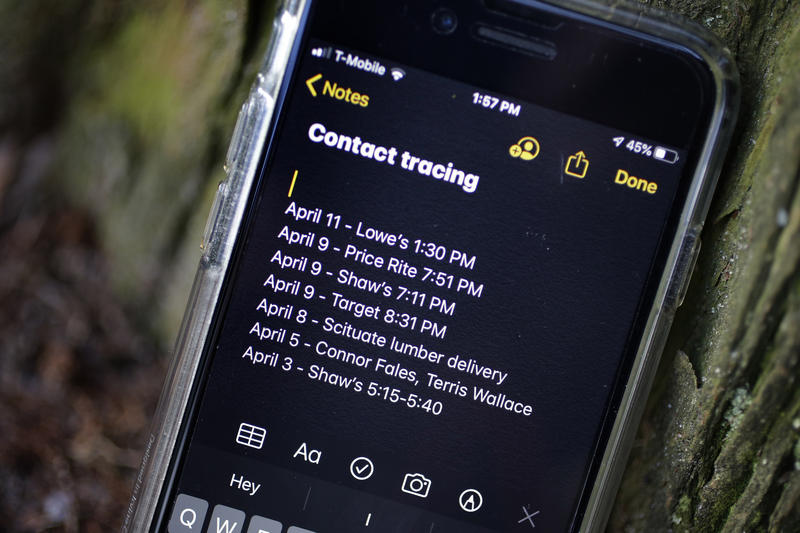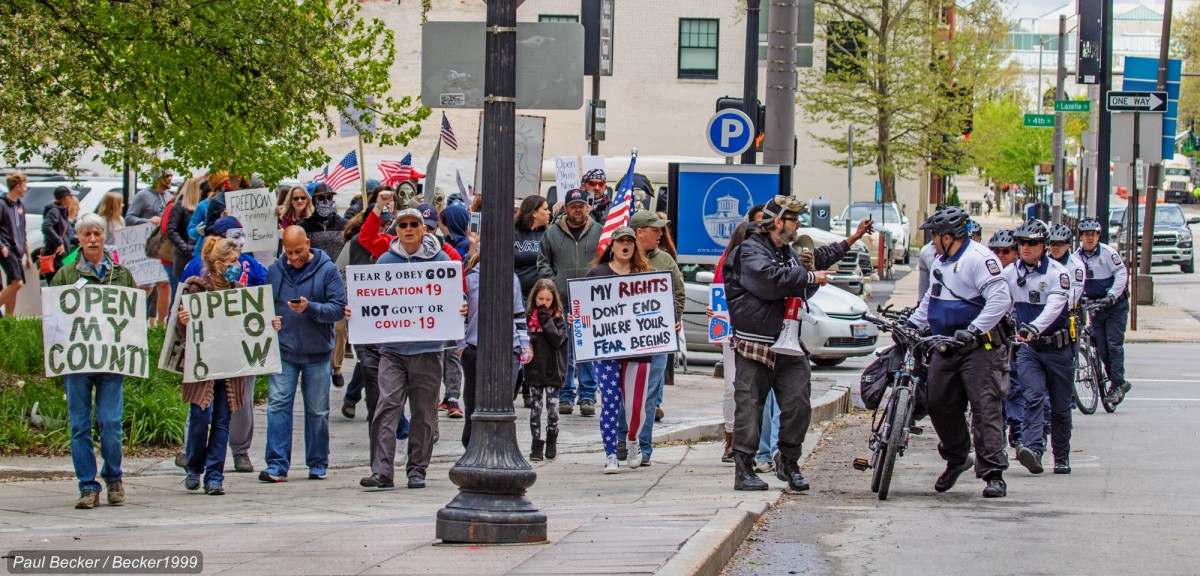With lockdowns and epidemic restrictions in place, the Virginia Beef Cattle Improvement Association organized a live bull auction online, keeping 40 years of tradition going.
It’s March 28th, Phillip Bundy sits in the cab of his tractor with the Southwest Bull Test Sale catalog in his lap and his phone to his ear. He has stopped spreading fertilizer on his Lebanon, Virginia, farm to buy a bull. Typically, he would be with 300 other buyers at the Bottomley Sales Facility Arena in Wytheville, Virginia, but everyone knows this isn’t a typical year. He finishes his purchase and returns to work.
In mid-March, when, due to COVID-19, the governor of Virginia and Virginia Tech University closed all meetings to 10 people or fewer, the quick action and use of internet technology, the organizers of the 2020 Southwest Virginia Bull Test Sale provided a sale in just two weeks that met the needs of both the breeders and purchasers.
The sale is the culmination of a seedstock bull test, a membership program of the Virginia Beef Cattle Improvement Association (BCIA), in partnership with the Virginia Cooperative Extension Service. Bulls from Virginia, North Carolina, Tennessee and West Virginia were consigned in October 2019 and developed for five months at Mountain Spring Farm, Wytheville, and the sale couldn’t be postponed.
For 40 years, the Southwest Virginia Bull Test Sale has been a rich tradition and standard for providing high-quality replacement herd bulls, primarily in southern West Virginia. This rural area south of Roanoke and west of the Blue Ridge Mountains is full of small to medium-sized farms with beef cow operations on the low mountains next to the West Virginia border.
Dr. Scott Greiner, Virginia Tech Extension Animal Science professor, works closely with the BCIA and organizes the test and sale. “This sale is a significant marketing opportunity for the seedstock operations which run the gamut in size. We have breeders that nominate 1-2 bulls and run 30 purebred cows to those that nominate 10-12 bulls and have operations with several hundred purebred and commercial cows.”
With the announcement of the COVID-19 requirements, Greiner immediately gathered a group of breeders, BCIA board members and Extension Agents and developed a forward-thinking plan. With just one week before the sale, a conference call with all consigners outlined a unique four-pronged approach that was overwhelmingly approved.
First, the live auction would be entirely online. Online livestock sales have become increasingly popular over the last 15 years, where purchasers are bidding in what could be considered a silent auction at their home computer, tablet or even phone app, not usually a live auction. For the last six years, SW provided internet bidding as part of the live auction, amounting to only 10 percent of sales.

This year the auctioneer’s chant would be from a desk in the Wythe County Extension Office with bid takers and clerks all in the same room and no one in the stands.
The second prong was remote bid sites. “The majority of our purchasers come from southwest Virginia and use computers and have internet. We questioned if there was sufficient internet availability as well as speed to make bids quickly, and would our purchasers feel comfortable bidding in this manner,” Greiner pointed out.
Twelve remote bid sites were set up primarily in Virginia Cooperative Extension Service Office, with a Virginia Cooperative Extension agent serving as the ring man. Anyone wanting to attend a remote site to bid in person had to RSVP to ensure there were no more than 10 people in attendance.
The third portion was a tele-o-auction where purchasers called in bids over the phone.
Number four was providing delivery of bulls free of charge to a central location.
At precisely noon on the traditional sale day, the sale started, and roughly three hours later, 117 bulls were sold. Greiner said there were no significant glitches, there were probably a few missed bids and one disputed bid, but these things also happen when people are sitting in the arena.
The sale averaged $3,230 per bull with a consignor net average of $2,139. These numbers were the highest since 2015-2016.
Interestingly, 43 percent of sales came from remote bidding sites. Thirty-five percent came from online bidders and another 17 percent via the tele-o-auction. Greiner noted the number of registered bidders were about the same as in past years.
Regular consignor Mike DeHaven who with his brother raise 65 head of registered Angus cows near Hillsville, Virginia, said the sale went well.
“We knew we had to have a sale, and we figured this was the best way,” he said. Considering the depressed cattle market, DeHaven said all the consignors, including himself, were “tickled” with the sale.
How did it work for the purchasers?
“It worked fine!” Phillip Bundy, quickly responded. Yes, he missed seeing everyone that he only sees once or twice a year, but the main thing was to purchase a good bull.
As Greiner reflected, he acknowledged that the sale is probably one of a kind, especially with the popular remote bidding sites and free delivery.
“The ultimate goal of the South West Bull Test Sale is to provide high-quality beef genetics to meet the needs of the industry,” Greiner said. “This year provided us with unique circumstances and challenges which we had to address in a practical and timely manner. Through lots of cooperation from many folks, including our loyal customers, we were able to pull off a highly successful sale.”
Toni Wilson Riley is a retired Christian County, Kentucky, Cooperative Extension 4-H Youth Development Agent and lives in Hopkinsville, Kentucky, on a small goat farm.
This article was originally published by The Daily Yonder.



